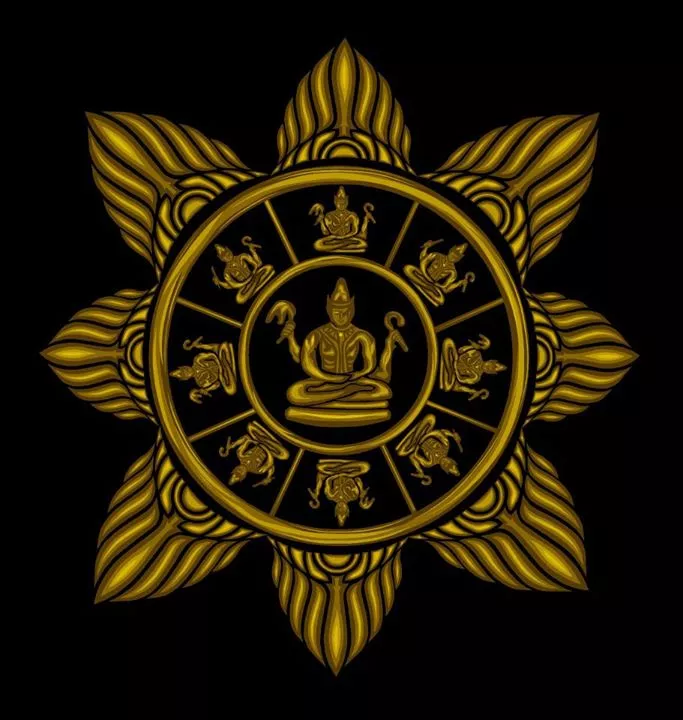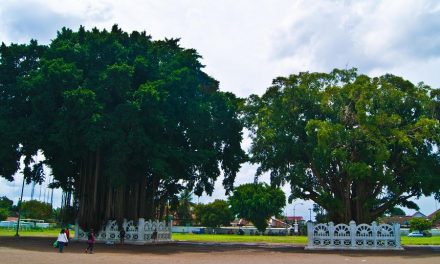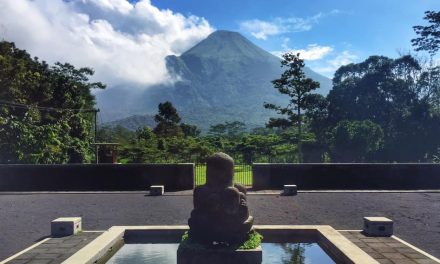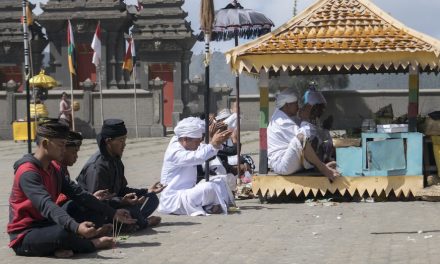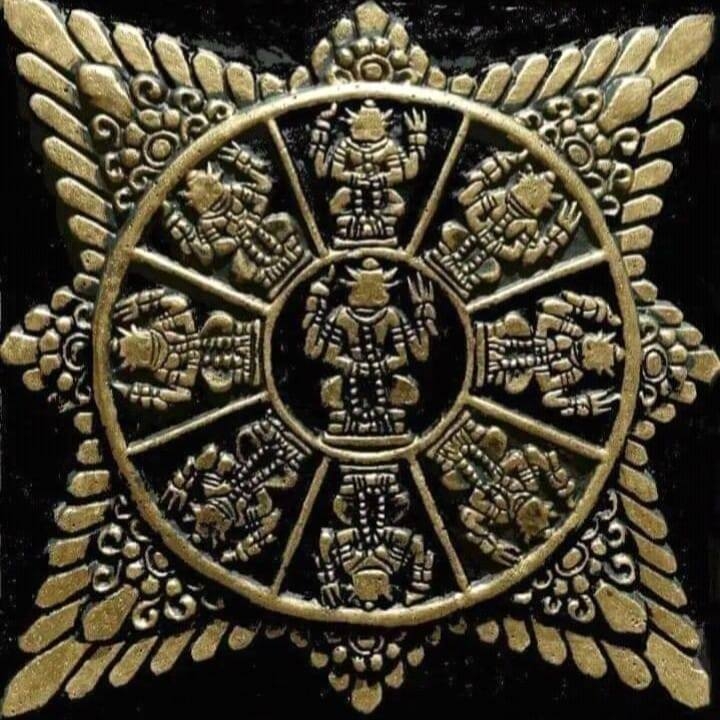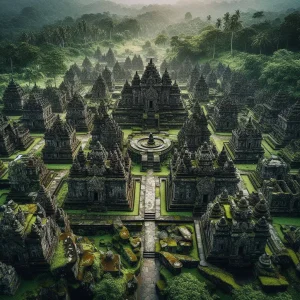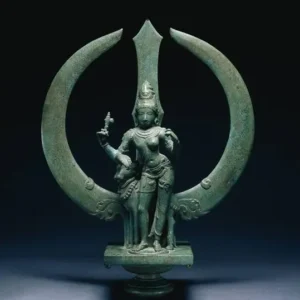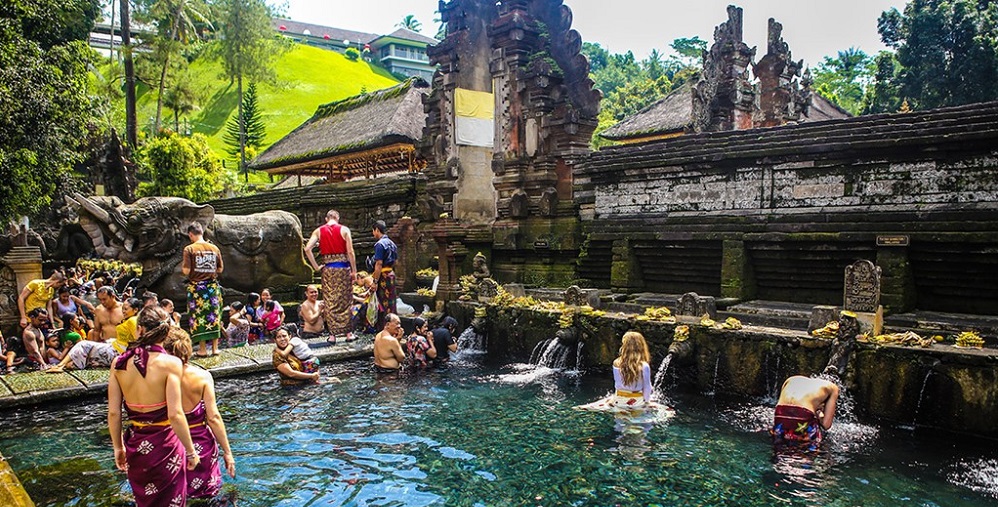
Originally posted on Medium
“Holy water is an agent of the power of a god, a power of mysterious force. It can cleanse spiritual impurities, fend off evil forces, and render the recipient immune to the attacks of negative or demonic forces.” – Fred Eiseman Jr, ‘Bali Sekala and Niskala’
Java and Bali are dotted with river, streams, ponds and sacred springs. In Indonesian Hindu Dharma, the 4 elements of Nature, or pancha mahabhuta (Earth, Water, Fire, Air) are used in all religious rituals. Out of those, Water is the building block of life and of all living beings.
Agama Tirtha in Bali and Java
Tirtha (holy water) is a prominent medium in all types of rituals, from a small daily offering to the large and extraordinary ceremonies, to such an extent that Balinese and Javanese Hinduism is often been called Agama Tirtha (‘Religion of the Holy Waters’).
Water is known in various terms, according to its origin and purpose:
- Odaka (or odakem) – Water in which has the common function of cleaning hands and mouth, for drinking, etc.
- Toya (or toyem) – Water for washing hands in ceremonies. It can also means the water which has been purified.
- Tirtha – The blessed water. The blessing is done through specific mantra chanting by priests (pedanda or pemangku) or obtained from a certain place with special ceremonies.
- Wangsuh-pada – Tirtha which is obtained from a shrine (pelinggih) or a sacred place.
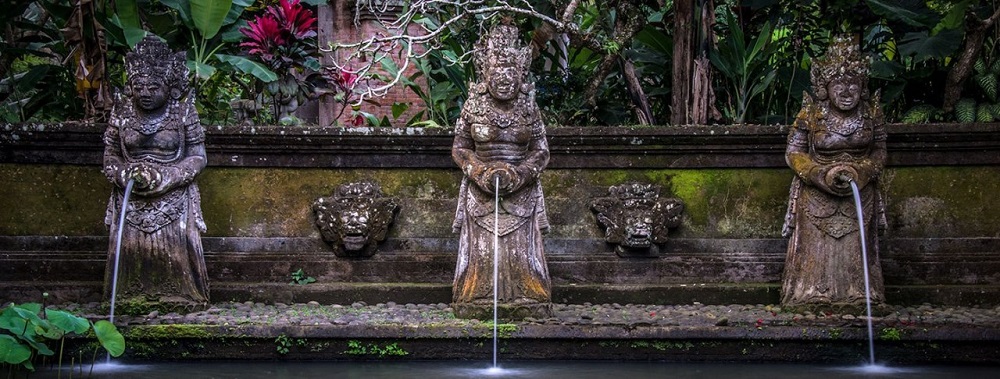
Types of Tirtha
There are 3 kinds of water utilized in religious ceremonies, namely: water in from holy springs, blessed water (tirtha), and coconut water.
1. Tirtha Wangsupada (water from holy springs) – The tirtha obtained from holy places, by placing water in the temple or shrine and in that manner the worshiper hope the blessing from the Divine. Certain special places are the source of tirtha wangsupada, such as Tirtha Empul. Tirtha wangsuhpada is sprinkled after a ceremony is over as a symbol of God blessings.
2. Tirtha Sulinggih (blessed water) – Tirtha obtained through the rituals performed by pemangku (priests). Water has powerful mantras recited over it. Indeed, water has memory, and the sacred mantras remain in the water for the worshipers to absorb.
The tirtha differs according to the purpose and function of the rituals:
- Tirtha pengelukan (or pembersihan) – This type of tirtha is used in every ritual. It is sprinkled 3 times over the offering before it is offered to God. In every house, the Balinese Hindus always store tirtha in jar or container for the daily offering (either mesaiban or ngaturang canang). Tirtha penglukatan has the function to purify places, buildings or an individual. This kind of tirtha is obtained through mantra chanting by a priest or a pemangku. Sometimes the tirtha penglukatan is put inside a big earthenware in front of the entrance door of the temple and used by the people themselves.
- Tirta prayascita and byokaoan – This type of tirtha is performed by the priest in which it is used for purification of a place, or to sprinkles toward the worshipers before prayer during a large ceremony, or after attending a funeral/cremation.
- Tirtha pemelaspas – This type of tirtha is performed by priest in new premises, or for a new business. This is for beseeching for blessings from God in the hope that everything related to the new premises and business will run smoothly.
- Tirta pengentas – Used in death rituals and cremation ceremony (ngaben), as well as tirtha penembak and tirtha pemanah. The tirtha has to be sprinkled three times over the corpse before the corpse is going to be burnt.
- Tirta pecaruan – Used from small to higher purification ceremonies according to their type.
3. Coconut Water (air kelungah) – Apart from the water mentioned above, the worshiper also use the coconut water, whether the one which is already mature or even still young without any flash in it, named kelungah.
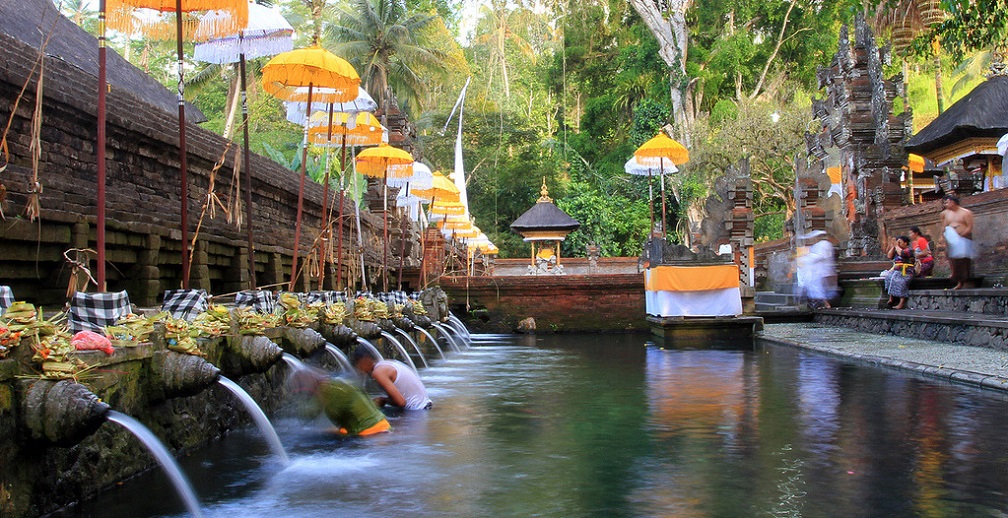
Pura Tirtha Empul temple fountains
